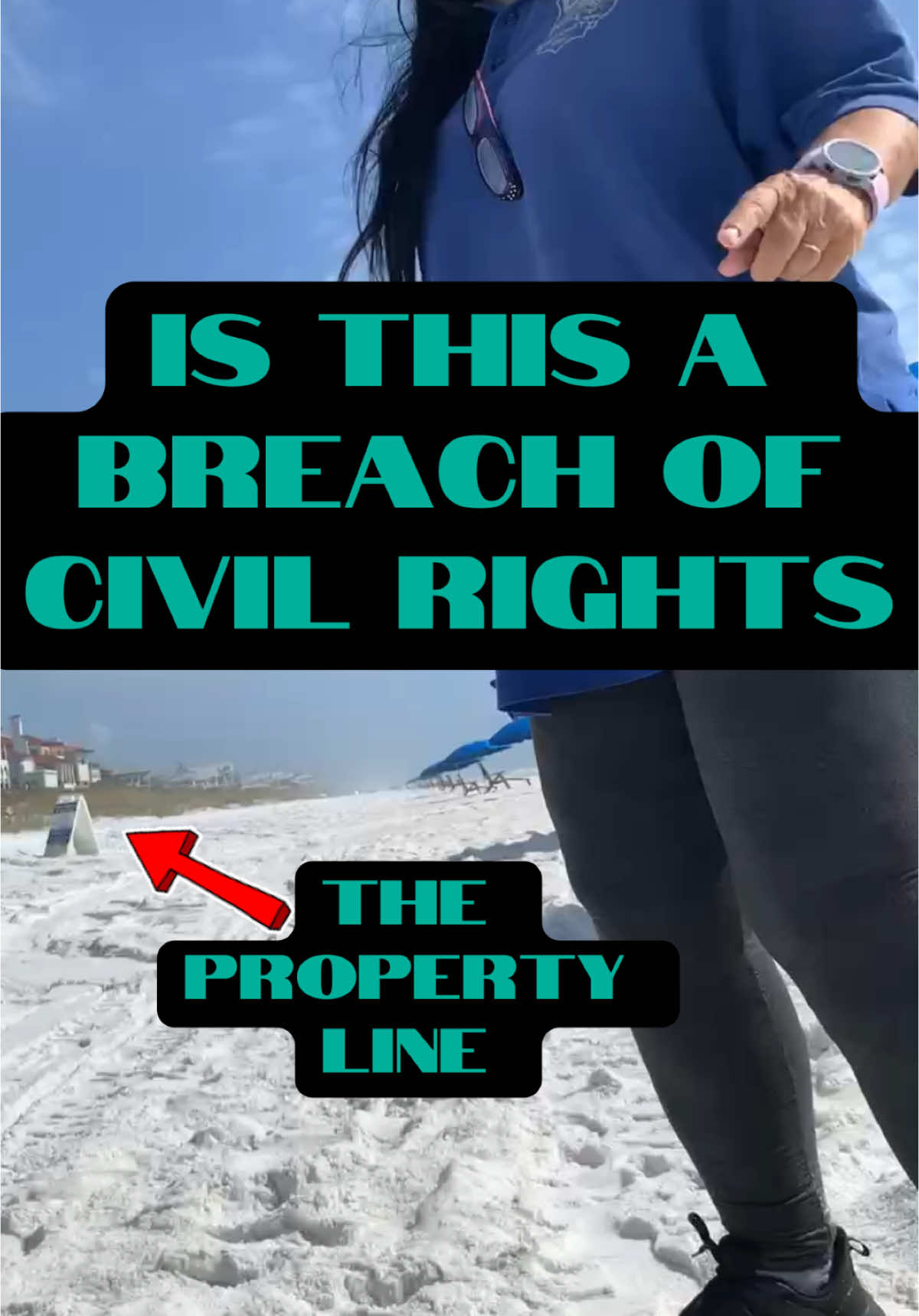mahnoor_dilawar
Region: PK
Friday 20 December 2024 06:20:49 GMT
68418
6881
0
3162
Music
Download
Comments
There are no more comments for this video.
To see more videos from user @mahnoor_dilawar, please go to the Tikwm
homepage.





